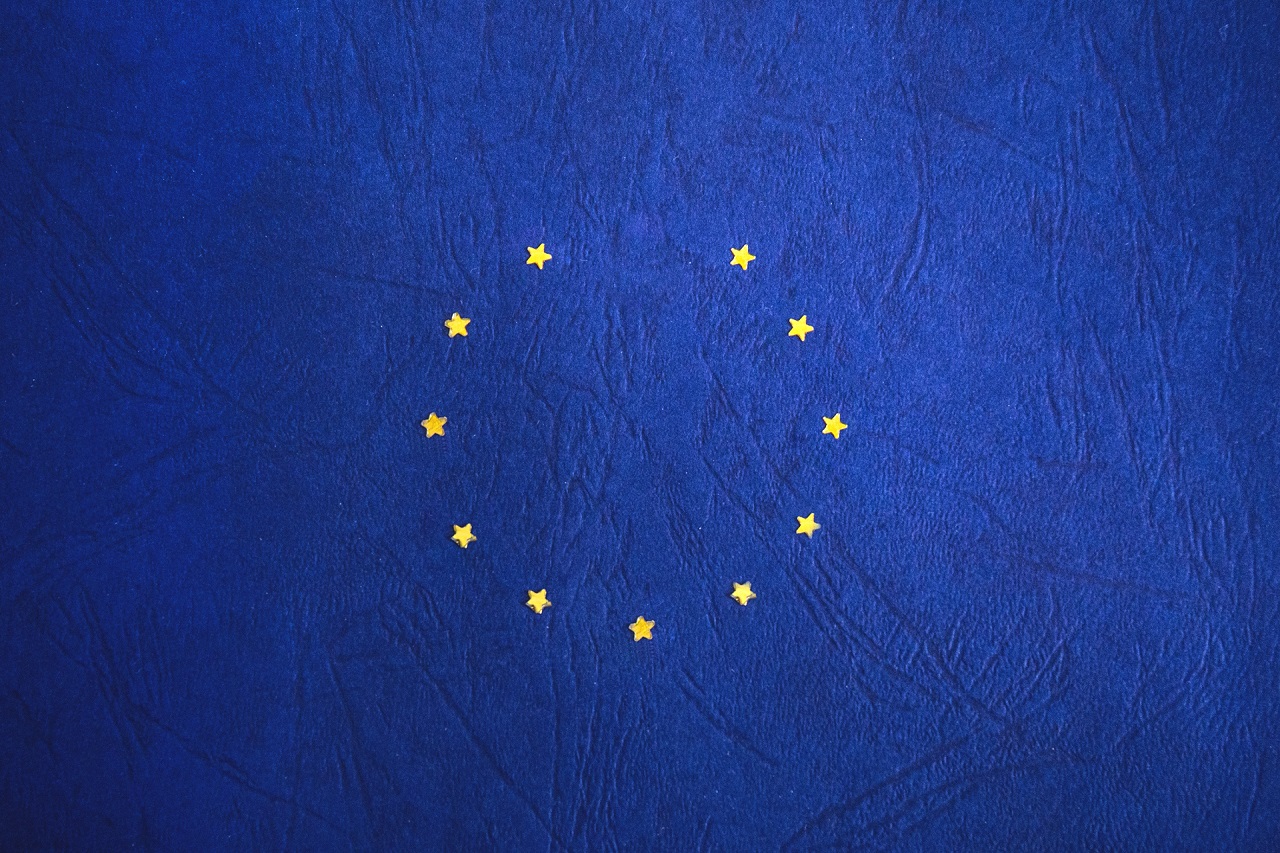After the European Commission warned Microsoft, Google, Facebook, and Twitter to “act faster” in tackling online hate speech, the technology companies decided to form an online alliance to combat terrorist content on their platforms, as well as hate speech.
The European Commission raised their concern over the companies’ inaction to adopt policies in order to control hate speech and terrorist content on their platforms.
Six months ago, the technology companies decided to voluntary sign a “code of conduct”. The document was a commitment to take down illegal content on their platforms within 24 hours. However, several months after, the Commission isn’t happy with the results, as expressed in this official statement:
In practice, the companies still have not achieved this goal. They reviewed 40 percent of the recorded cases in less than 24 hours. After 48 hours the figure is more than 80 percent. This shows that the target can realistically be achieved, but it will take much stronger efforts by the IT companies.
To better combat this issue, the US technology companies have decided to partner up. The effort will include the deployment of a “shared industry database of hashes”. The hashes in this case will represent a digital fingerprint of “violent terrorist imagery or terrorist recruitment videos or images that we have removed from our services”. A press release from Facebook said:
By sharing this information with each other, we may use the shared hashes to help identify potential terrorist content on our respective hosted consumer platforms. We hope this collaboration will lead to greater efficiency as we continue to enforce our policies to help curb the pressing global issue of terrorist content online.
The collaboration will enable the US companies to quickly block more terrorist and illegal content:
Participating companies can add hashes of terrorist images or videos that are identified on one of our platforms to the database. Other participating companies can then use those hashes to identify such content on their services, review against their respective policies and definitions, and remove matching content as appropriate.
Facebook stated very clearly that the inclusion of a given item on the list will not guarantee its deletion; each company will independently determine what images or videos are taken down. Additionally, there won’t be an automatic deletion policy in place.
Each company will continue to apply its practice of transparency and review in response to any government requests, as well as retain its own appeal process for the removal decisions and grievances. As part of this collaboration, we will all focus on how to involve additional companies in the future.
The companies said that they were committed to “protecting our users’ privacy and their ability to express themselves freely and safely on our platforms.”
If you liked this article, follow us on Twitter @themerklenews and make sure to subscribe to our newsletter to receive the latest bitcoin, cryptocurrency, and technology news.

